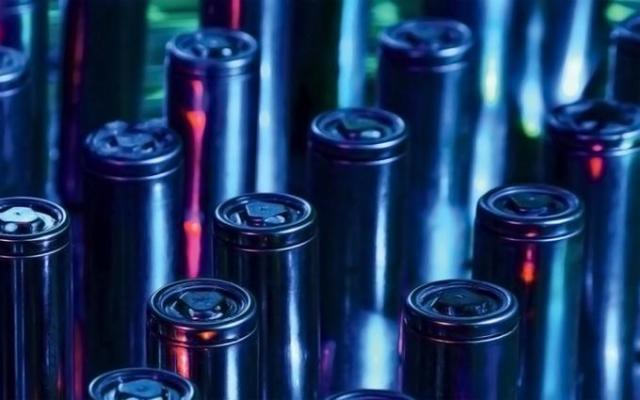Natron, in partnership with Clarios, is launching the production of safe sodium—based batteries with a long life cycle and short charging time - mass production will begin next year in the USA. It is important that sodium-ion batteries do not use scarce and rather expensive lithium.
Lithium cells now form the basis of the market, and most of the supply chain belongs to China, which cannot but worry the United States and its allies. In addition, there are simply not enough proven lithium reserves to meet the projected demand for batteries for electric vehicles and other industries in which it is planned to switch to power supply in the coming years.
Recently, projects for the production of sodium-ion batteries have regularly come to the attention of the media. In particular, last year the Chinese CATL presented its version, with a specific capacity of about 160 Wh/kg — more than half of what lithium-ion variants are capable of.
California-based Natron chose a different technological process using the so—called "Prussian blue" - a very popular dye. Natron claims that their development provides a specific capacity average between lead-acid and lithium-ion variants. In addition, their batteries provide charging from 0 to 99% in 8 minutes and absolutely fantastic operating times for 50,000 charging cycles — about 25 times longer than lithium-ion competitors are ready to provide. In addition, the batteries will be temperature stable, safe for transportation and can be used without the risk of fire.
Nevertheless, the capacity of sodium-ion batteries is still too small for use in electric vehicles - Natron does not focus on the possibility of their use in electric transport. Instead, the company focuses on backup power sources for data centers, loaders and other industrial vehicles with a small power reserve, as well as various telecommunications applications.
However, in electric vehicles, the development can serve as a buffer battery between the charging station and the car, which will allow you to organize an accelerated process of ultra-fast charging of transport.
The production of batteries jointly by Natron and Clarios International will start at the beginning of next year, at the Clarios plant in Michigan. So far, lithium-ion batteries are being produced here. Natron claims that the production of sodium-ion models can be organized using the same equipment, so the company decided to do without building its own factory from scratch. According to Natron, at the time of the start of production, it will be the largest plant for the production of sodium-ion batteries in the world.
According to the company, the wide availability of raw materials will ensure very stable pricing — unlike lithium options, the cost of which depends on many factors, including the geopolitical situation.

